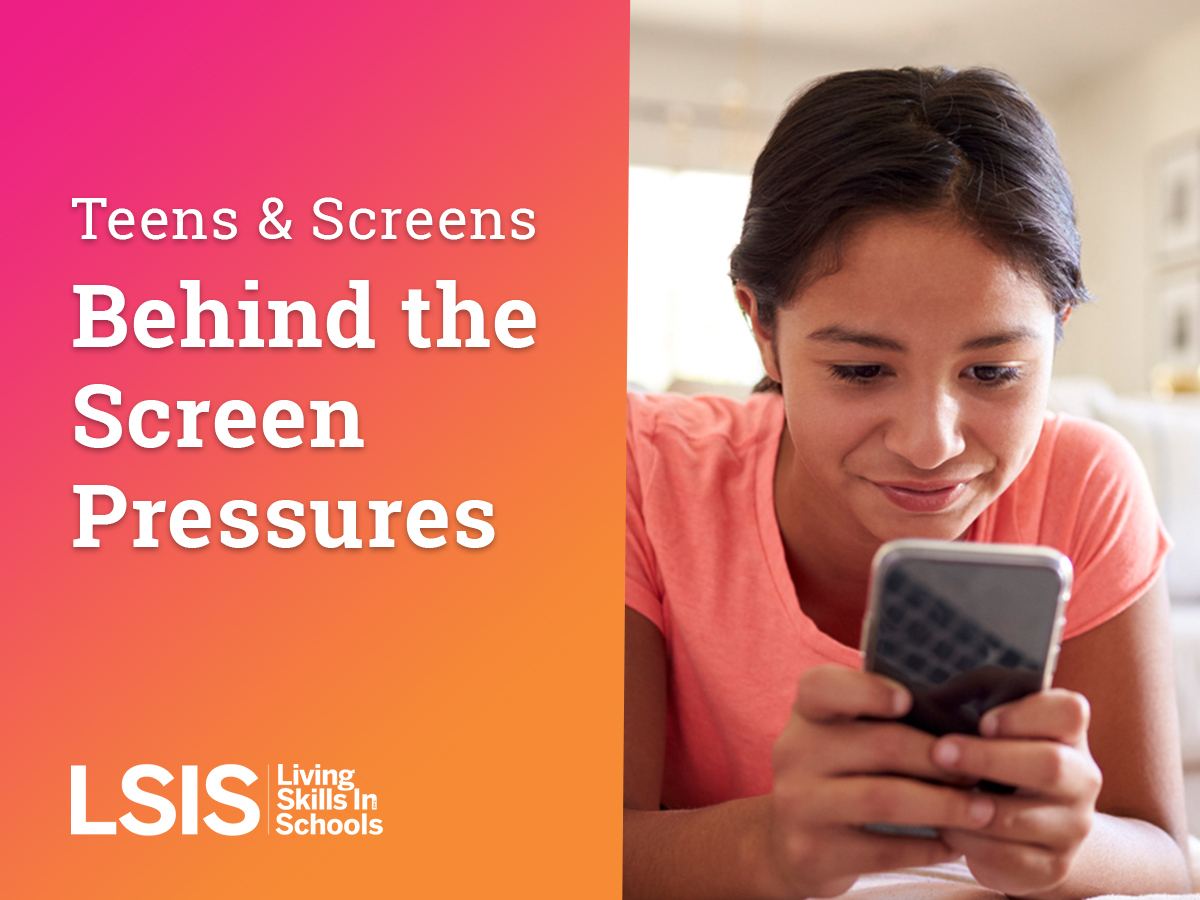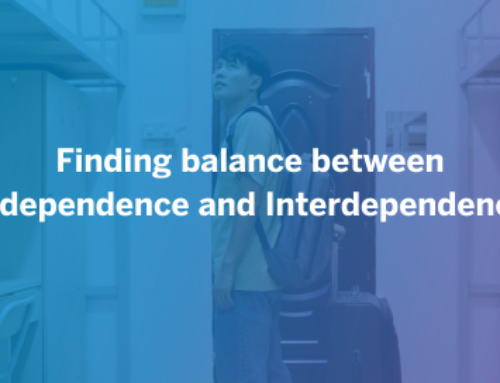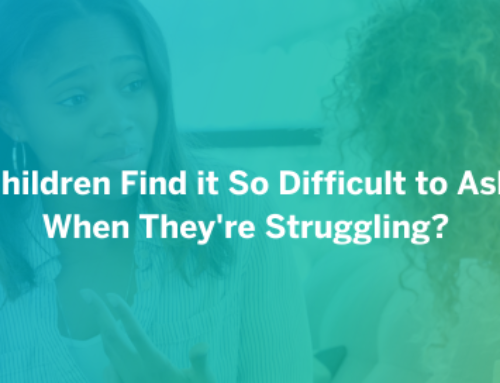
What would you do if your teenager could not go 5 minutes without jumping up and down? Imagine what that would look like. You sit down for dinner and start to have a conversation…interruption… JUMP. You get in the car, leave the neighborhood, and have to pull over…interruption…JUMP. You go to a play and try to have a nice time…interruption.. JUMP. Chances are, it wouldn’t take long for you to become aware that this was a severe problem and that it might be a good idea to seek help. The reality is that your teen does have an obsession and it’s not jumping up and down but checking their devices. It’s happening all day long and interrupting every aspect of their life.
According to a University of California study, it takes over 23 minutes to refocus. If your teen can’t go over 5 minutes without checking their devices, then they are not engaging in anything fully. Screen time is stealing the treasures that come along with being able to entirely focus, like enjoying a delicious meal to its fullest capacity, listening to a piece of music and hearing every sound, or experiencing the beautiful sights nature offers. There is one area that constant interruptions impact that, it could be argued, is the most detrimental of all, problem-solving. One of the critical elements to coming up with solutions is silence. Most of the world’s most significant discoveries have happened not during times of super-intensity thinking sessions but by accidents. For example, Newton discovered gravity when he saw a falling apple while thinking about the forces of nature. Sir Alexander Fleming discovered Penicillin after returning from a holiday and finding mold had grown in an uncovered petri dish near a window. Yet another great one was the microwave. Engineer, Percy Spencer, was attempting to develop energy sources for radar equipment. While that didn’t work out, Spencer did realize the chocolate bar in his pocket had melted and went on to test his accidental invention by making popcorn. The list of discoveries that came about during times of rest and silence goes on and on. Would any of them have occurred if their pockets had constantly been buzzing, urging them to check their social media likes or group chats? Probably not, and this is why it’s so important to become aware of the tactics that all screen time platforms are using to steal our children’s focus and ability to utilize their full potential.
As stated in Author Johann Hari’s new book, Stolen Focus: Why You Can’t Pay Attention- and How to Think Deeply Again, If you see the world through fragments, your empathy often doesn’t kick in, in the way that it does when you engage with something in a sustained, focused manner. In his book, Hari argues that there’s a reason not only our kids but adults as well cannot put down our devices. It has to do with many outside factors that we are not able to control. One them being the constant notification pop-ups and the never-ending information that comes our way with endless scrolls. Most of us adults lived during a period where this 24-hour virtual connection was non-existent. We can remember life before devices, but our children are growing up in a much different time. They are growing up in a world that lives more virtually than ever. Instead of meeting up with friends in person, their headphones and group chats take over. Augmented pictures pop on their feeds depicting photos of carefully molded profiles projecting perfected images. They’re also more susceptible to peer pressure, low self-esteem, and mental ill-health. Several studies have found associations between increased social media use and depression, anxiety, sleep problems, eating disorders, and suicide risk.
Devices are not going away anytime soon, and unless you live under a rock, there is no way to entirely shelter our children from their devices. We can, however, set an example for our children and become aware of how often we get overtaken by our own devices and make it a priority to put them down. Below are some ways to help our teens and ourselves put down the screen from time to time and smell the actual flowers.
Get Online with Them and Discuss What Each of You Experience
One of the best ways to help your teen deal with the pressures behind the screen is to make them aware of it. Get on Snapchat or YouTube or play a video game and come up with the different ways the designers of these platforms keep you and them wanting more. Ask questions like:
-
- Why do you think this site has so many people taking selfies?
- How does this picture make you feel?
- How do you think they make their skin look flawless?
- What app did they use?
- What do you feel like when you receive a like on a post?
- Why do you think this video popped up after you searched for this one?
Come Up with a Concrete Game Plan of How to Balance Screen Time:
-
- No Screen an Hour Before Bedtime
- No Screen at the Dinner Table
- Download a Screen Time Monitoring App
- No Devices in Bed
- Set an Only One Screen at a Time Rule
Encourage Them to Get Involved Outdoors:
Anything from pickup basketball, a quick game of tennis, or bike riding in the park can be a great way to challenge your teen to get outside.
Screen time does not have to be a constant battle. It takes time and effort, but asking questions and setting up ways to become aware of how to help manage the constant bombardment of distractions buzzing ours and our children’s focus away is the key to change.
Carolina Droze is a LSIS presenter of K-5th programming, freelance writer and copywriter. She is also a mom, wife, surfer, nature enthusiast and a lover of loud music and dancing like she just don’t care.







